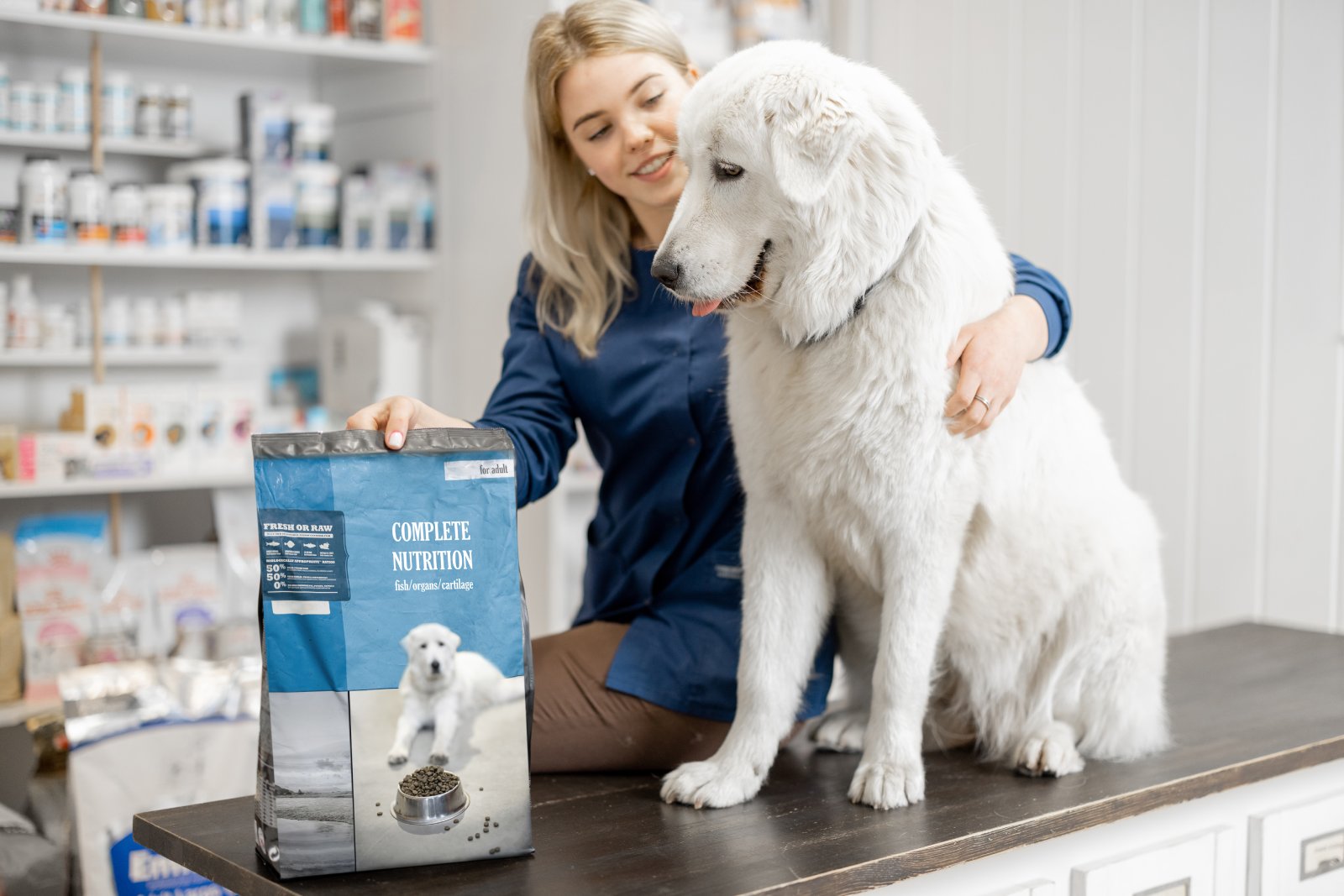When parents age or pass away, they often leave behind more than just memories—they leave their pets. Have you truly considered the emotional and financial toll this will take on you and your family?
1. Emotional Connection

Inheriting a pet can be a comforting reminder of your parents, helping you feel closer to them. This emotional bond can be both a blessing and a burden, especially if the pet has special needs or behavioural issues.
2. Assessing Pet Health

Evaluate the health of the pet thoroughly. Older pets may have chronic health issues that require expensive and time-consuming care, potentially straining your finances and schedule.
3. Financial Costs

Consider the financial implications of taking on your parents’ pets. Vet bills, food, and other expenses can add up quickly. Pet insurance might not be available for older animals, leading to higher out-of-pocket costs.
4. Compatibility with Your Family

Assess whether the pet will fit into your current family dynamic. Some pets may not get along with your existing pets or children, causing additional stress and potential conflicts.
5. Rehoming Options

If you can’t keep the pet, research rehoming options. Look for reputable shelters or rescue groups in the UK, such as Battersea Dogs & Cats Home or the RSPCA, which can find a suitable new home.
6. Emotional Toll

Rehoming a pet can be emotionally taxing, especially if it feels like you’re letting down your parents’ legacy. This decision should not be taken lightly, as it can have lasting emotional repercussions.
7. Bringing Pets to Nursing Homes

Consider bringing the pet to visit your parents in their nursing home. Some UK facilities, like Barchester Healthcare homes, allow pets, which can be a source of joy for your parents.
8. Legal Considerations

Check if there were any legal arrangements made for the pet in your parents’ will. Some people set aside funds or have specific requests for their pets’ care, which could influence your decisions.
9. Time Commitment

Assess the time commitment required to care for the pet. Older pets might need more attention and care than you’re able to provide, impacting your daily life significantly.
10. Impact on Lifestyle

Evaluate how the pet will impact your lifestyle. Travel, work schedules, and social activities can all be affected by pet ownership, and you need to consider if you can accommodate these changes.
11. Training and Behaviour

Determine if the pet has any behavioural issues that need addressing. Older pets might not adapt well to new environments or routines, requiring patience and additional training.
12. Veterinary Care

Find a local vet familiar with caring for older pets. Regular check-ups are essential, and knowing where to go in an emergency is crucial for the pet’s well-being.
13. Daily Routine

Incorporate the pet’s existing routine into your life to minimise stress for both of you. Consistency is key for older animals, and disrupting their routine can lead to health and behavioural issues.
14. Dietary Needs

Older pets often have specific dietary requirements. Consult a vet to ensure you’re providing the right nutrition, which may involve special diets that can be costly.
15. Pet Insurance

If the pet is insurable, consider taking out a policy to cover unexpected medical expenses. Pet insurance options in the UK include providers like Petplan and Direct Line.
16. Support Networks

Reach out to support networks, both online and offline. Organisations like The Cinnamon Trust can provide help and advice for pet owners dealing with these situations.
17. Temporary Care Solutions

Look into temporary care options if you’re unsure about keeping the pet long-term. Pet sitters or boarding facilities can provide a short-term solution while you make a final decision.
18. Long-Term Commitment

Realise the long-term commitment you’re making. Pets can live for many more years, and their care needs can increase with age, adding a significant burden to your responsibilities.
19. Balancing Obligations

Balancing your obligations to your parents and their pet can be challenging. Seek advice from family and friends to make the best decision for everyone involved.
20. Pet’s Emotional Wellbeing

Consider the pet’s emotional wellbeing. The loss of their owner can be traumatic, and they might need extra love and care during this transition, which you need to be prepared to provide.
Embracing the Challenge

Taking on your parents’ pets can be both heartwarming and daunting. Are you ready to honour their memory by ensuring their pets are well cared for, despite the significant challenges?
Featured Image Credit: Shutterstock / Erickson Stock.
For transparency, this content was partly developed with AI assistance and carefully curated by an experienced editor to be informative and ensure accuracy.

